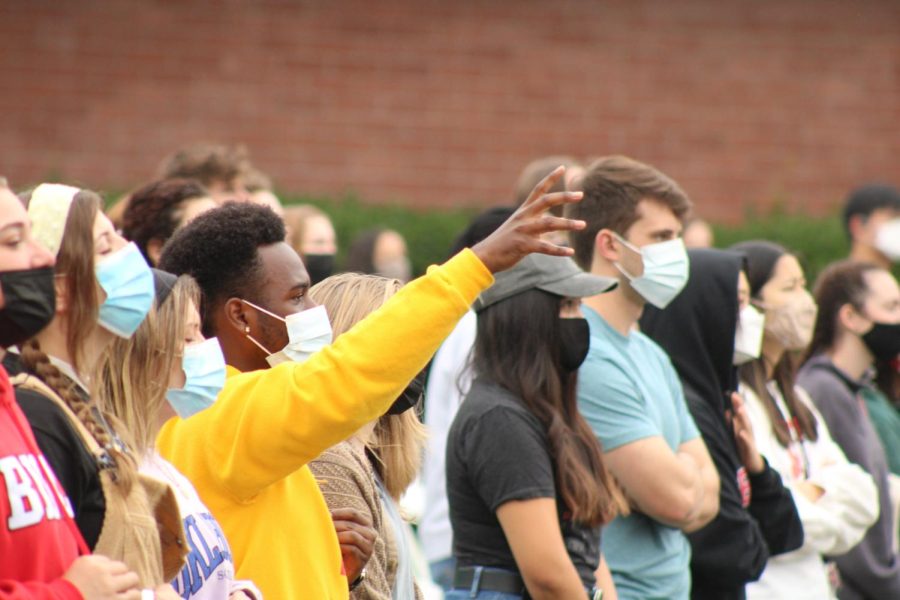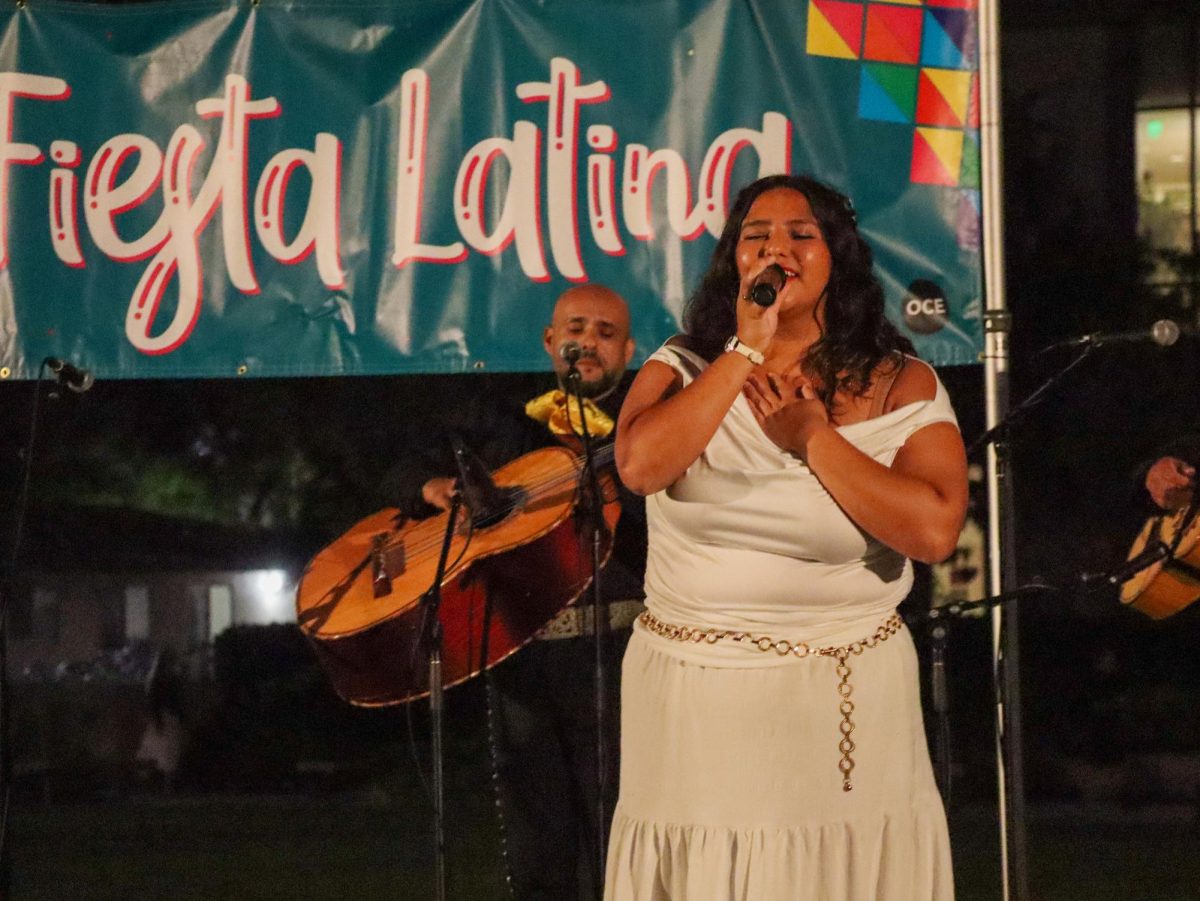Findings from Biola’s second Gender Climate Study were released in 2019 with data gathered from online questionnaires sent to students, faculty and staff. The study included in-depth interviews with 31 faculty members, 30 staff members and 30 undergraduate students.The faculty questionnaire received a 64% response rate while the staff questionnaire received 51%.
A DEEP DIVE
Provost and Senior Vice President Deborah Taylor initiated the Gender Climate Study following concerns from staff, faculty and students who experienced inequities in the treatment of women across campus. The study details the perspectives of faculty members and students as well as their perceived existence on campus.
Co-author of The Climate Study and professor of sociology, Brad Christerson explained the importance of the study in light of biblical equality.
“As an outpost of the kingdom of God, we want to make sure that everybody is equally valued and equally thriving and has equal opportunity to develop into whom God wants them to be,” Christerson said.
FEWER FEMALE FACULTY
Since the report was released in 2019, Biola saw a decline in female professors who felt harassed, disrespected and voiceless in an educational system that lacks an explicitly theological perspective on gender.
According to the Gender Climate Study, “Faculty are nearly evenly divided in their theological positions on gender—45% egalitarian and 55% complementarian.”
These two words, egalitarian and complementarian, signal a debate between theological perspectives. According to Theopedia, egalitarianism refers to a biblically-based belief that gender neither privileges nor curtails a believer’s gifting or calling to any ministry in the church or home. In contrast, complementarianism is the theological view that men and women have different but complementary roles and responsibilities in marriage, family life and religious leadership.
FACULTY PERSPECTIVES
Associate professor at the Talbot School of Theology, Carmen Imes, stated that “the terms Egalitarian and Complementarian can be misleading in part because people use those terms to indicate such a wide range of ways of how that actually plays out in practice.”
Imes came to Biola in July after investing four years studying in Bible college, five years in seminary and five years in graduate school. In that time, she never had a female Bible professor. Amid this broader conversation, her goal is to help both men and women discover “God’s love for them, demonstrated in scripture.”
The faculty senate hosted a number of discussions on the Gender Climate Study, inviting all faculty members. Imes explained that these conversations helped to dispel assumptions about what is taught in Bible and theology classes at Talbot as well as to identify areas that need work.
“As a theological educator, my job is to make space for students to wrestle with these questions for themselves and not assume that there is only one way to read the Bible,” Imes said.
Journalism professor and faculty senate member Stewart Oleson explained that a clear problem exists.
“The sad fact is that women in the educational system are not feeling valued and some have said that they are afraid to say anything,” Oleson said.
A STUDENT PERSPECTIVE
According to sophomore writing and publishing major Jenna Wirtz, students also remain important in the discussion on gender at Biola University. She recalled a class she took from professor of Christian Ministries Jane Carr during which a male student left class after stating that a woman should not instruct theology.
After attending an engineering and design charter school where males outnumbered females three to one, Wirtz understands entering environments in which women are the minority and seemingly voiceless in a crowd of men. She explained that her Foundations of Christian Ministries class made her feel inferior to certain male-centric views of theology.
MOVING FORWARD
As Biola considers proposals to improve the overall climate for men and women on campus, university leaders continue to navigate nuanced conversations. For more information, visit the Gender Climate Study report.















